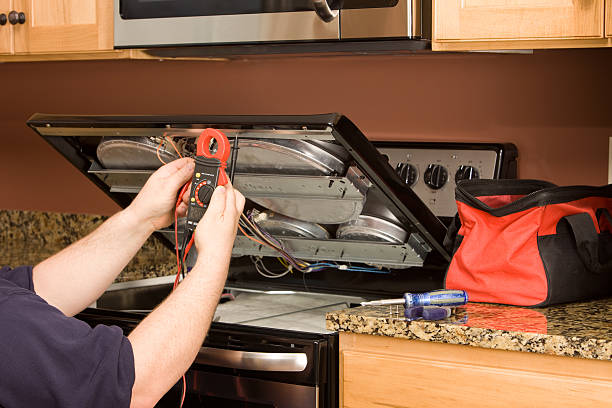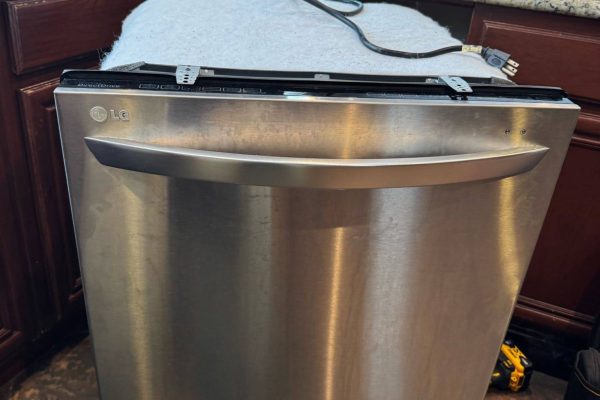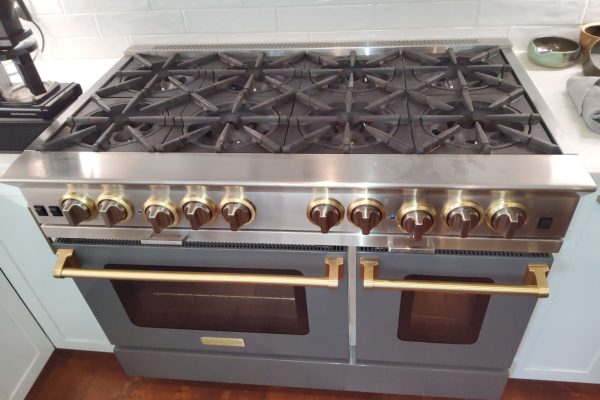Glass-ceramic cooktops have gained popularity in modern kitchens, offering a sleek and contemporary alternative to traditional stovetops. While these smooth and stylish surfaces have numerous advantages, it’s essential to be aware of their disadvantages and potential risks. In this article, we will explore common problems associated with glass-ceramic cooktops, shedding light on the challenges users may encounter and providing insights on how to mitigate these issues.
Susceptibility to Scratches and Damage
Abrasive Materials:
One of the primary disadvantages of glass-ceramic cooktops is their susceptibility to scratches, especially when exposed to abrasive materials or cleaning tools. Metal pots, pans with rough bottoms, and abrasive scouring pads can all contribute to unsightly scratches on the surface.
Risk of Impact Damage:
Glass-ceramic cooktops are also prone to impact damage. Dropping heavy objects or accidentally banging cookware against the surface can result in cracks or chips, compromising both the aesthetics and functionality of the cooktop.
Limited Compatibility with Cookware
Flat-Bottomed Cookware:
Glass-ceramic cooktops require the use of flat-bottomed cookware for optimal heat transfer. Cookware with warped or uneven bottoms may not make sufficient contact with the surface, leading to uneven cooking and potential damage to the cookware.
Avoidance of Cast Iron and Stoneware:
Cookware made of cast iron or stoneware, known for their weight and potential to scratch, may not be suitable for glass-ceramic cooktops. Using these materials can pose a risk of scratching the surface and, in the case of cast iron, causing thermal shock.
Thermal Shock and Cracking
Sudden Temperature Changes:
Glass-ceramic cooktops are susceptible to thermal shock, which occurs when there are sudden and extreme temperature changes. Placing hot cookware directly onto a cold surface or exposing the cooktop to cold water immediately after cooking can lead to cracks or even shattering of the glass-ceramic.
Avoiding Cold Water on Hot Surface:
To mitigate the risk of thermal shock, it’s crucial to avoid pouring cold water or placing frozen items on a hot glass-ceramic cooktop. Gradual temperature changes, such as allowing the cooktop to cool naturally, can help prevent thermal shock.
Cleaning Challenges
Residue Buildup:
Glass-ceramic cooktops can be challenging to clean, especially when cooking spills and residues are left to cool and harden. Stubborn stains and burnt-on food can require considerable effort to remove, and using the wrong cleaning products may lead to scratches.
Specialized Cleaners Recommended:
To avoid damage, it’s recommended to use specialized cooktop cleaners designed for glass-ceramic surfaces. Abrasive cleaners or pads should be avoided, as they can exacerbate scratches and compromise the integrity of the cooktop.
Cost of Repairs and Replacements
High Repair and Replacement Costs:
In the event of damage or malfunction, repairing or replacing a glass-ceramic cooktop can be expensive. Cracks, chips, or other issues may necessitate professional intervention, and the cost of replacement parts or a new cooktop can significantly impact the budget.
Extended Downtime:
Repairing or replacing a glass-ceramic cooktop may result in extended downtime in the kitchen. Waiting for replacement parts or scheduling repairs can disrupt regular cooking routines and may require temporary alternative cooking solutions.
Limited Resistance to Impact
Fragility of Glass-Ceramic:
Glass-ceramic, while elegant, is inherently more fragile than other stovetop materials. Accidental impacts, such as dropping heavy objects or hard kitchen tools on the surface, can lead to cracks or breakage.
Risk of Shattering:
In extreme cases, glass-ceramic cooktops may shatter under intense impact, posing safety risks and requiring immediate attention to avoid injuries. Users should exercise caution to prevent accidental impacts that could compromise the structural integrity of the cooktop.
Limited Heat Distribution
Slow Heating and Cooling:
Glass-ceramic cooktops may exhibit slower heating and cooling compared to other materials. Achieving rapid temperature changes or immediate responsiveness to adjustments may be limited, impacting the speed at which users can cook or make adjustments during the cooking process.
Potential Uneven Heating:
Due to the slow heat distribution of some glass-ceramic cooktops, there may be instances of uneven heating across the surface. This can affect the consistency of cooking results, requiring users to adapt their cooking techniques accordingly.
While glass-ceramic cooktops offer a stylish and modern addition to kitchens, users must be aware of the potential disadvantages and risks associated with these surfaces. Scratches, limited compatibility with certain cookware, thermal shock, cleaning challenges, repair costs, impact susceptibility, and heat distribution limitations are among the factors that users should consider when choosing and maintaining a glass-ceramic cooktop. By understanding these challenges and adopting preventive measures, users can make informed decisions to maximize the longevity and performance of their glass-ceramic cooktops while ensuring a safe and enjoyable cooking experience.
Count on our services as the dependable solution for resolving household appliance issues! If your appliances need repair, fret not – reach out to Oceanside Appliance Service Center, and we’ll help eliminate any inconvenience.
With extensive experience in repairing household appliances of diverse brands and models, our highly qualified technicians possess profound knowledge and expertise in handling refrigerators, washing machines, dryers, dishwashers, stoves, ovens, and more.
We ensure a professional approach to every task, using only original spare parts for repairs. Our primary goal is to restore your household appliances to optimal condition.
Contact us:


